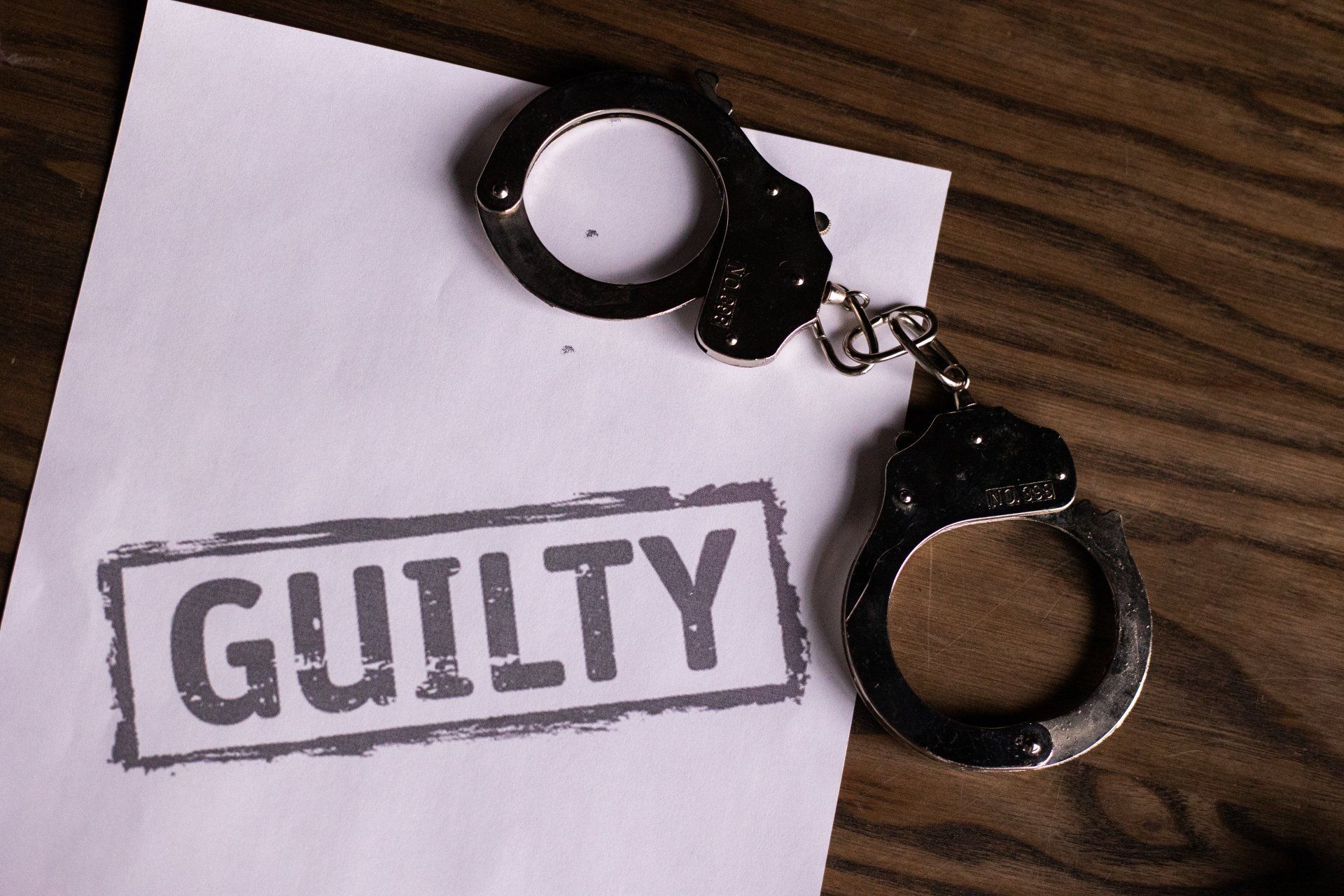Can a Criminal Record Affect Your Job? Here’s How a Pardon Can Help

Introduction
Having a criminal record can have significant consequences on various aspects of life, particularly when it comes to employment opportunities. Many employers conduct background checks before hiring, and a criminal record can lead to disqualification from certain jobs, even if the conviction was minor or occurred years ago.
Fortunately, a record suspension (formerly known as a pardon) can help individuals move forward by removing their criminal record from public databases, making it easier to secure employment. In this blog, we’ll explore the impact of a criminal record on job prospects and how obtaining a record suspension can provide a fresh start.
How a Criminal Record Can Affect Employment
1. Job Applications and Background Checks
Many employers in Canada conduct background checks as part of the hiring process. If a criminal record appears, it may result in:
Automatic disqualification from certain jobs.
Increased scrutiny from employers who may be hesitant to hire someone with a past conviction.
Limited job opportunities in fields that require security clearances or licensing.
2. Restrictions in Certain Professions
Certain industries and positions prohibit individuals with a criminal record from being employed. These may include:
Healthcare and nursing
Education and childcare
Law enforcement and security
Finance and banking
Government and public service
In these fields, a clean criminal record is often a legal requirement, meaning a past conviction can prevent an individual from working in these professions altogether.
3. Loss of Professional Licenses and Certifications
Some professions require individuals to be licensed or certified by a regulatory body. A criminal record may lead to:
Denial of certification for new applicants.
Revocation of licenses for individuals already working in regulated fields.
Inability to advance in a career due to restrictions imposed by professional organizations.
4. Challenges in Advancing Your Career
Even if an individual manages to secure employment despite a criminal record, they may face obstacles in:
Getting promoted to higher positions.
Receiving security clearances for job responsibilities that require access to sensitive information.
Changing careers to fields with stricter background check requirements.
How a Record Suspension (Pardon) Can Help
A record suspension, granted by the Parole Board of Canada, allows eligible individuals to have their criminal record removed from the Canadian Police Information Centre (CPIC) database. This means that, for most purposes, the record will not appear in standard background checks.
1. Increases Employment Opportunities
A record suspension allows individuals to apply for jobs without fear of their criminal record appearing during background checks. Employers conducting standard CPIC checks will not see a suspended record, improving the chances of securing employment.
2. Restores Eligibility for Professional Licenses
With a record suspension, individuals may become eligible for licenses and certifications previously unavailable due to their criminal record. This can be crucial for careers in:
Healthcare
Law enforcement
Financial services
Government positions
3. Improves Job Security and Career Growth
Having a record suspension can help individuals retain their current job and seek promotions without concerns about a past conviction being discovered. This is especially beneficial for employees in industries requiring periodic security clearances or background checks.
4. Boosts Confidence and Peace of Mind
Beyond practical benefits, obtaining a record suspension provides individuals with peace of mind and confidence in pursuing job opportunities without fear of stigma or rejection due to a past mistake.
Steps to Apply for a Record Suspension
If you have a criminal record and want to improve your employment prospects, applying for a record suspension is a crucial step. Here’s how the process works:
1. Determine Your Eligibility
You must have completed your sentence, including fines and probation.
You must have waited the required period:
5 years for summary offences.
10 years for indictable offences.
You must demonstrate a law-abiding lifestyle since your conviction.
2. Gather Necessary Documents
You will need to obtain the following:
RCMP Certified Criminal Record Check (requires fingerprinting).
Court records showing details of your conviction and sentence completion.
Local police checks from your place of residence.
Proof of identity (government-issued ID).
3. Complete the Application
Fill out the Parole Board of Canada’s record suspension application accurately and include all required documents. Any errors can result in delays or rejection.
4. Pay the Application Fee
As of 2024, the government application fee is $50. Additional costs may apply for obtaining police checks, court documents, and fingerprinting services.
5. Submit Your Application and Wait for Processing
The Parole Board of Canada takes approximately:
6 months to process summary offence applications.
12 months for indictable offence applications.
If approved, your record will be sealed and removed from public access.
Conclusion
A criminal record can present significant obstacles when seeking employment, but a record suspension (pardon) can help remove those barriers and provide a fresh start. By preventing your record from appearing in background checks, a record suspension improves job opportunities, restores eligibility for professional licenses, and enhances career growth.
If you need help applying for a record suspension, our firm specializes in guiding individuals through the process efficiently. Contact us today to take the first step toward clearing your record and securing your future!




